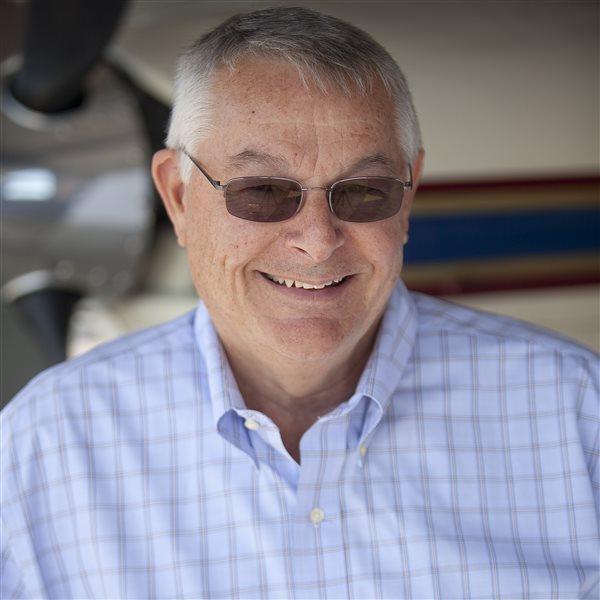 Solar Impulse, an aircraft developed in Switzerland to eventually fly on solar power both day and night, made its first test hop on battery power alone in early December. The solar panels were disconnected for the test flight at Switzerland’s Dübendorf Airfield.
Solar Impulse, an aircraft developed in Switzerland to eventually fly on solar power both day and night, made its first test hop on battery power alone in early December. The solar panels were disconnected for the test flight at Switzerland’s Dübendorf Airfield.
The plan is to complete testing, make ocean-spanning flights, and one day use a follow-on aircraft to circle the globe on nothing but solar power. Batteries will store energy for flight at night.
The flight reached three feet high and stretched 1,000 feet, but it proves the huge aircraft can fly. The photos show test pilot Markus Scherdel at the controls.
As the aircraft gained speed, the huge wing of the Solar Impulse gradually rose into the air under the watchful eyes of its developers, Bertrand Piccard and André Borschberg.
“On the one hand I find it terrific to see a dream come true. For more than 10 years now, I have dreamt of a solar aircraft capable of flying day and night without fuel—and promoting renewable energy. Today, our airplane took off and was airborne for the very first time. This is an unbelievable and unforgettable moment! On the other hand, I remain humble in the face of the difficult journey still to be accomplished—it’s a long way between these initial tests and a circumnavigation of the world,” said Piccard, the founder and president of Solar Impulse.
“This is the culmination of six years of intense work by a very experienced team of professionals. This first ‘flea hop’ successfully completes the first phase of Solar Impulse, confirming our technical choices. We are now ready to start the next phase—the actual flight tests,” said Borschberg, co-founder and CEO of Solar Impulse.
Solar panels have not yet been connected. For the flight, the batteries were charged in the hangar. With this initial “flea hop,” the Solar Impulse HB-SIA prototype will now be dismantled and transported to the airfield at Payerne (VD) about 65 miles southwest of Zurich. Starting in early 2010, the aircraft will make its first solar test flights, gradually increasing flight duration until it makes its first night flight using solar energy.



